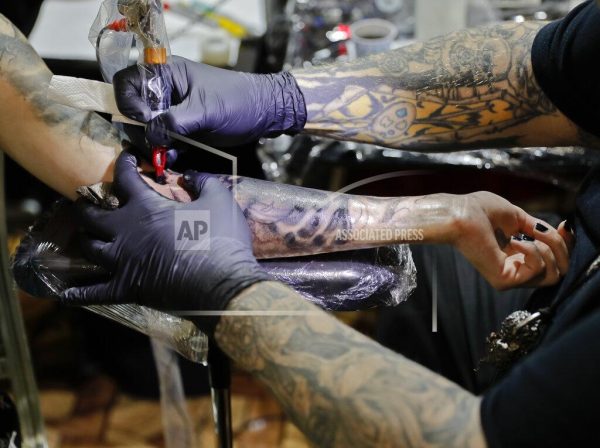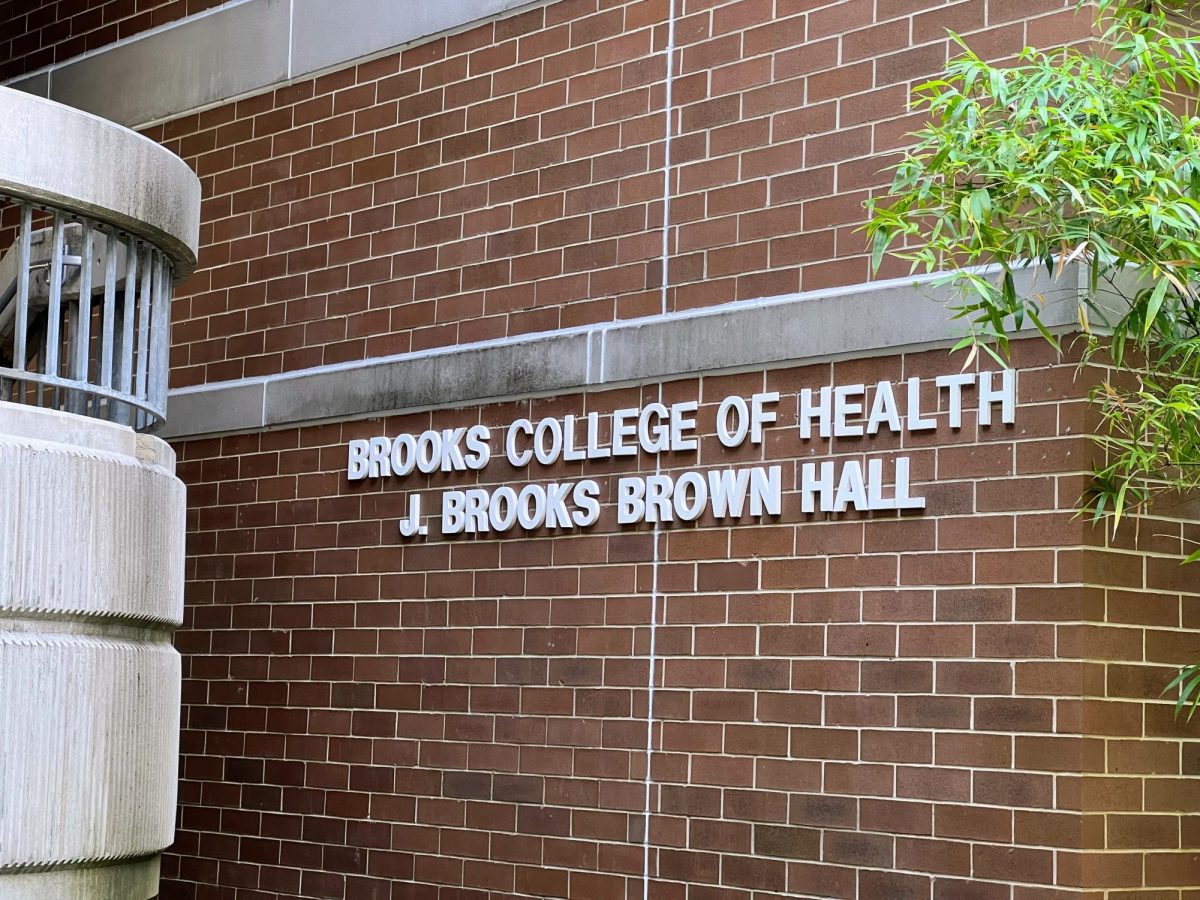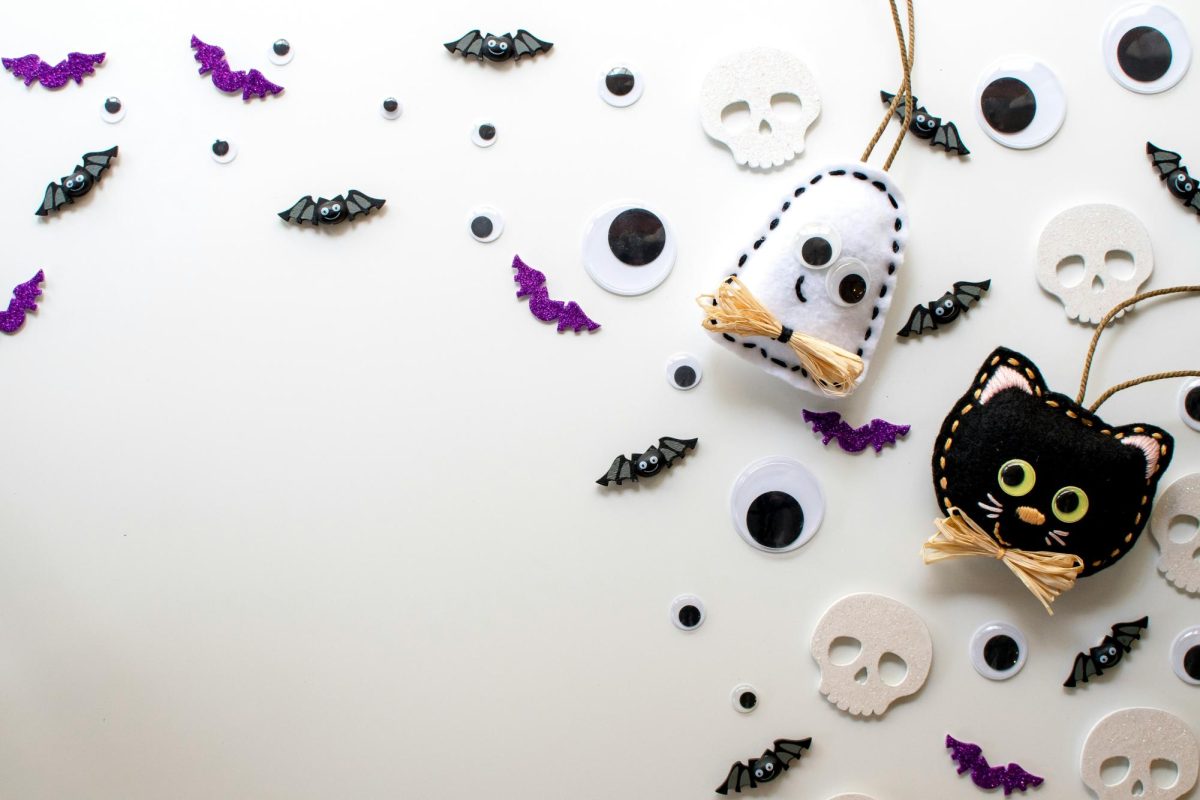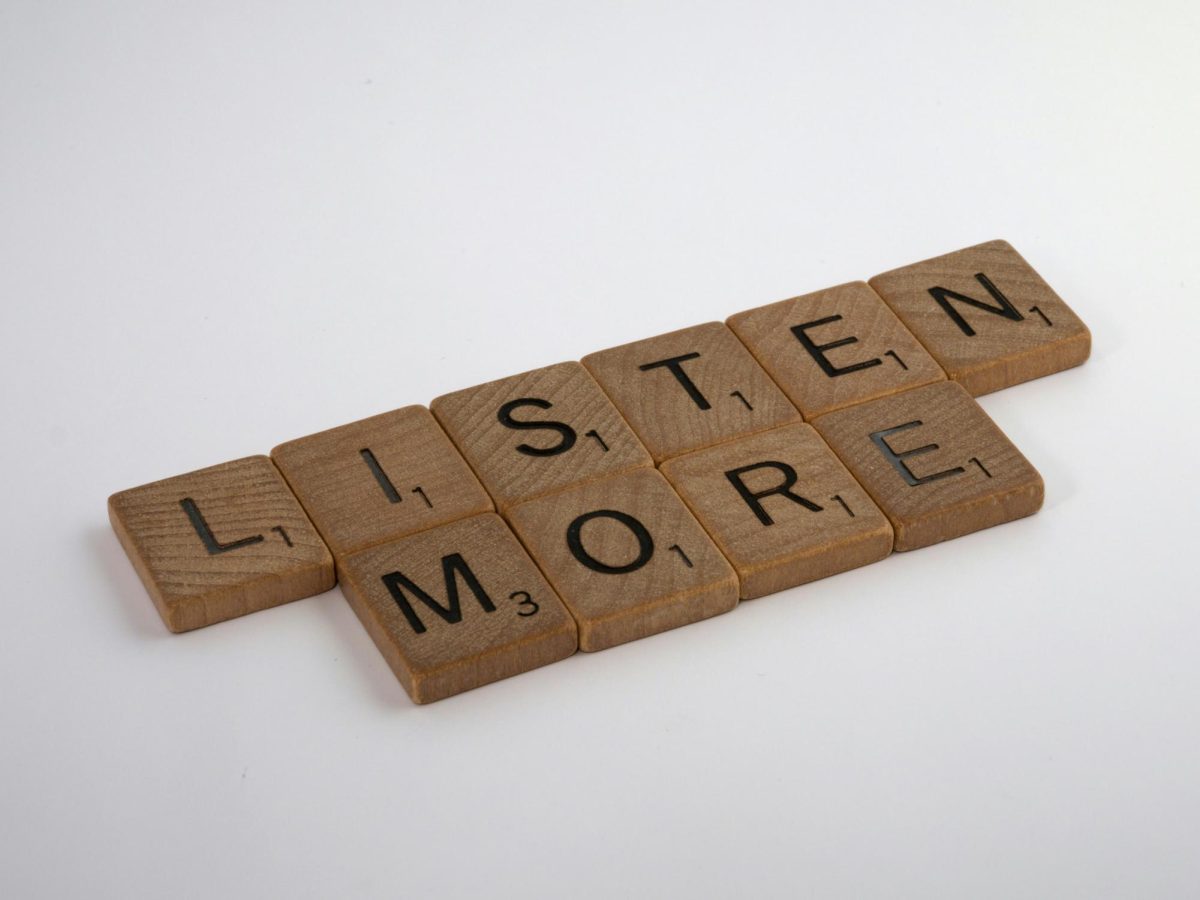Once seen as a rebellious symbol of counterculture or an indicator of criminal affiliation, tattoos have long been seen as unprofessional or even threatening.
However, with 32% of Americans now having at least one tattoo and 22% having more than one, what does this say about the public perception and stigma surrounding this unique body art?
Unsurprisingly, tattoos are nothing new. Permanent body art is a part of many cultures’ traditions. According to Smithsonian Magazine, the earliest current evidence of a tattooed person is carbon-dated at around 5,200 years old and was found around the Italian-Austrian border.
Evidence of historic tattoos can be found everywhere. They were used for branding in many places, from the Greco-Roman cultures of southeastern Europe to Japan in the Far East.
But to the people of ancient Samoa, tattoos were viewed as a symbol of leadership and tribal ascension, highlighted in their traditional tattoo artists’ song: “Your necklace may break, the fau tree may burst, but my tattooing is indestructible. It is an everlasting gem that you will take into your grave.”
For most people, tattoos are now far removed from the criminal branding and tribal significance of the past. Instead, they play an essential role in modern culture as a unique, often emotionally significant opportunity for self-expression.

A 2023 Pew Research Center survey found that 69% of American adults with at least one tattoo got them to remember or honor something, 47% to make a statement about what they believe and 32% to improve their appearance. Many people’s tattoos are their diaries for important messages or memories.
University of North Florida senior Leslie Bowers views tattoos as a unique form of self-expression and a way to support artists.
“I feel honored every time I get tattooed … it feels like my body becomes like a traveling gallery,” she said. “Artists play such a vital role in culture and our daily lives. [They] use creativity and imagination to bring imagery to life.”
Bowers, an ex-dancer, said she has dealt with negative body image and body dysmorphia. Tattoos have helped her learn to admire her body.
“Being an ex-dancer left me with a lot of negativity toward my body image,” she said. “So, I put tattoos in areas where I’ve struggled with [body dysmorphia]. It’s made me admire [those parts] of my body instead of [criticize them].”
Bowers has a variety of tattoos. The first is on her left ankle; “soulmates” is written in her best friend’s handwriting. On the opposite ankle are birds on a wire, a memorial piece for a family member. On her right thigh is a fairy skeleton, which she says symbolizes the transcendence of creativity in the face of death.
Tattoos have historically been viewed as unprofessional, leading many people to fear for their future employability after getting one. However, according to a 2018 University of Miami study, tattoos do not significantly affect a person’s employability.
For Bowers, these tattoos haven’t hurt her employment prospects, but she still deals with occasional criticism from others.
“My tattoos haven’t hurt my employment opportunities,” Bowers said. “However, people I’ve interacted with outside of work have treated me differently.”
“It mostly comes in lectures,” she said. “They’ll say things like: ‘You’ll regret that when you’re older,’ [or] ‘Did you think before you did that to yourself?'”
While she can understand these criticisms, Bowers doesn’t think they’re fair. “I don’t necessarily think it’s fair to judge or question someone who’s tattooed in an accusing manner,” she said.
Some tattoos have deeper meanings; other times, they’re a way for someone to highlight their interests.
UNF senior Em Meurer also has tattoos. For them, these tattoos showcase emotional meanings as well as their interests. The first tattoo is on their shoulder; the words “I want to believe” reference the TV series “X-Files” to showcase their love of the sci-fi genre.
The second has a more emotional meaning to Muerer—a forearm tattoo that says, “Before anyone else, I belong to myself,” which they got following a breakup.
“In that relationship, I lost myself in a way I never want to happen again,” Meurer said. “I think [tattoos] are great at helping [people] express themselves.”
Muerer also deals with the occasional tattoo critic, but they said they hadn’t faced any severe prejudice because of their body art.
“Certain people in my life aren’t thrilled about my tattoos, but I’ve never faced any sort of discrimination or hardship because of them,” they said.
There is no current federal law restricting employment discrimination based on tattoos. Employers can also legally require employees to cover their tattoos.
Despite this, a 2018 study found that having tattoos is not significantly associated with employment or earnings discrimination.
While UNF does provide a professional dress guide that advocates for covering tattoos and non-traditional piercings, finding students adorned in body ink is not a rare sight on campus.
___
For more information or news tips, or if you see an error in this story or have any compliments or concerns, contact editor@unfspinnaker.com.















